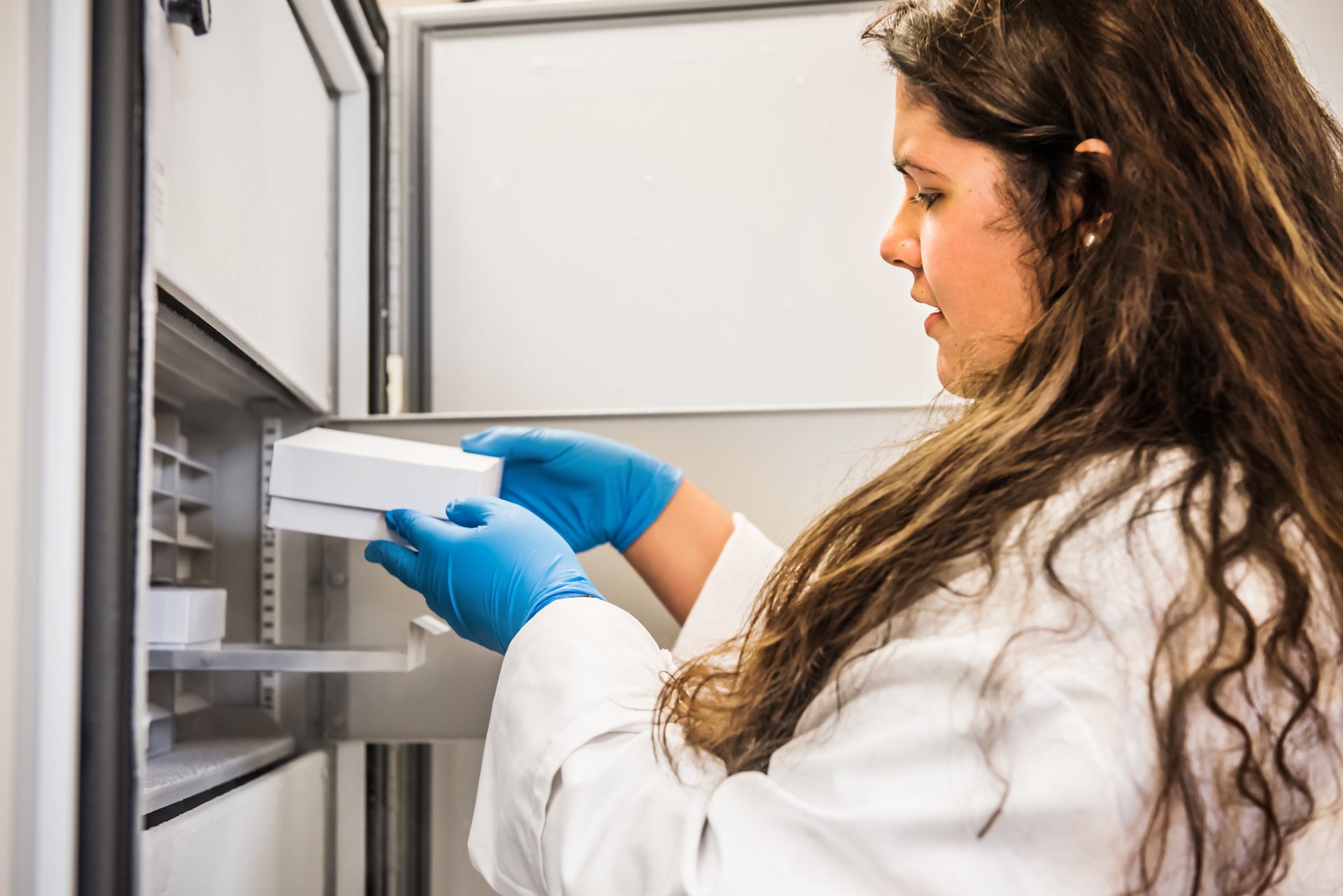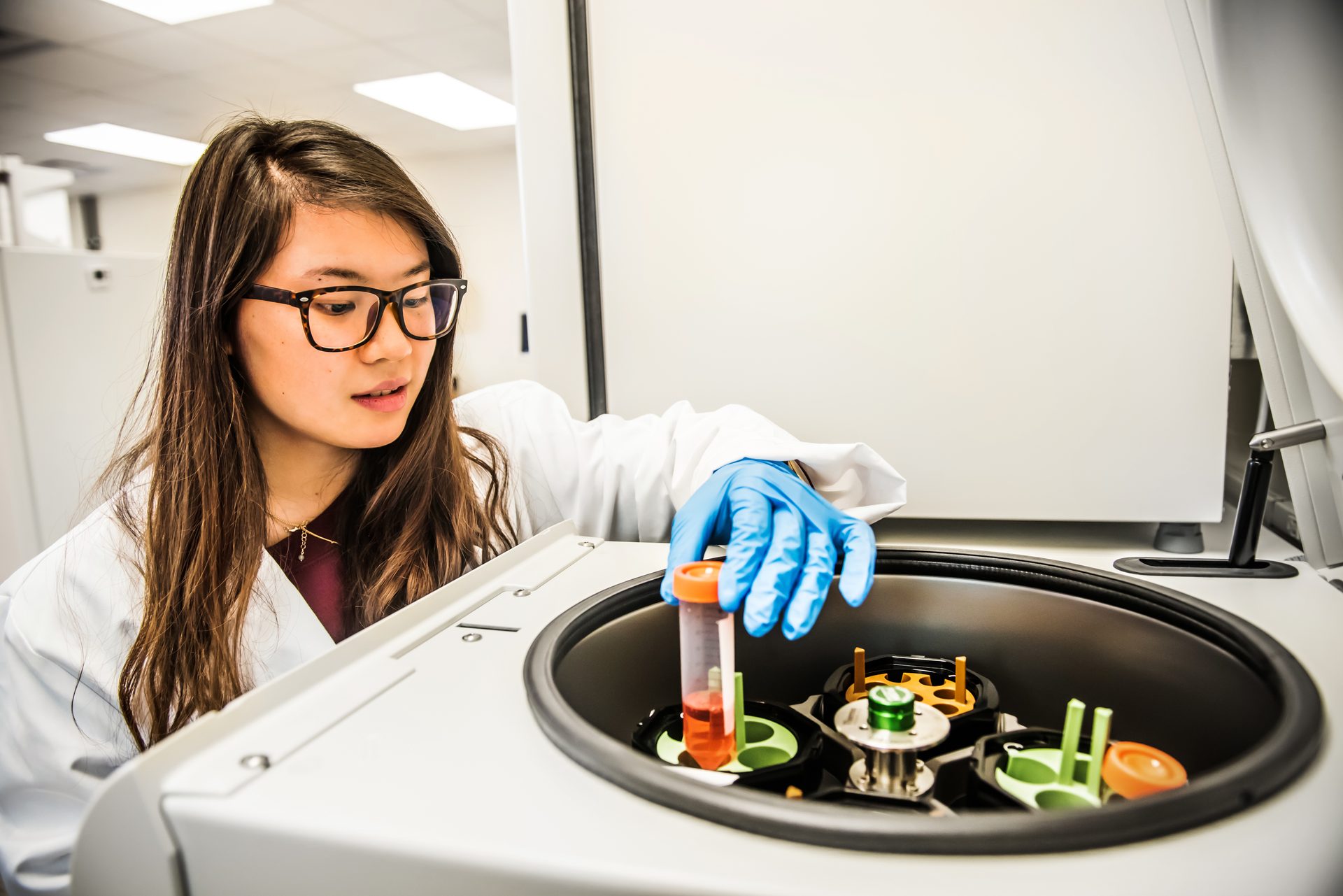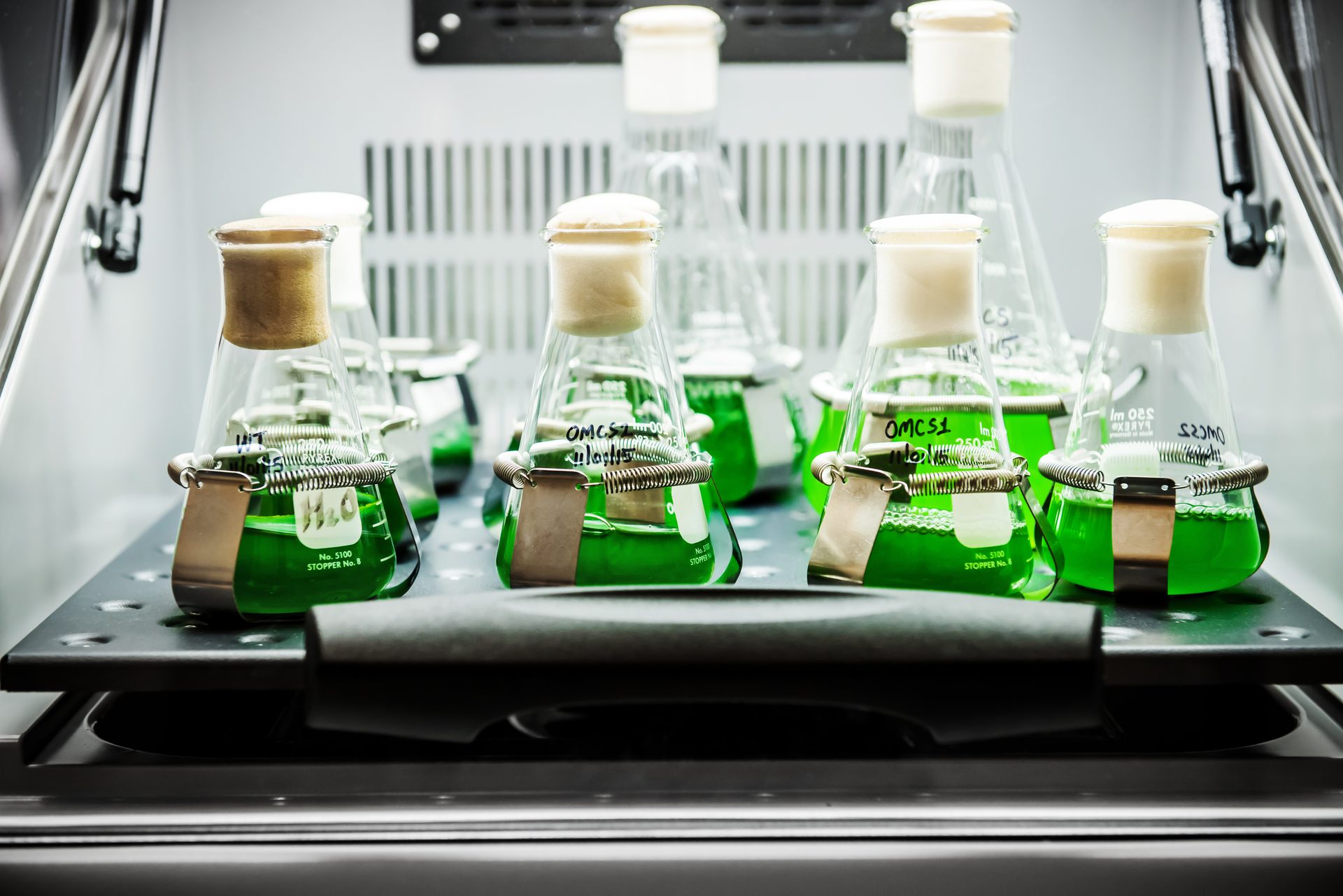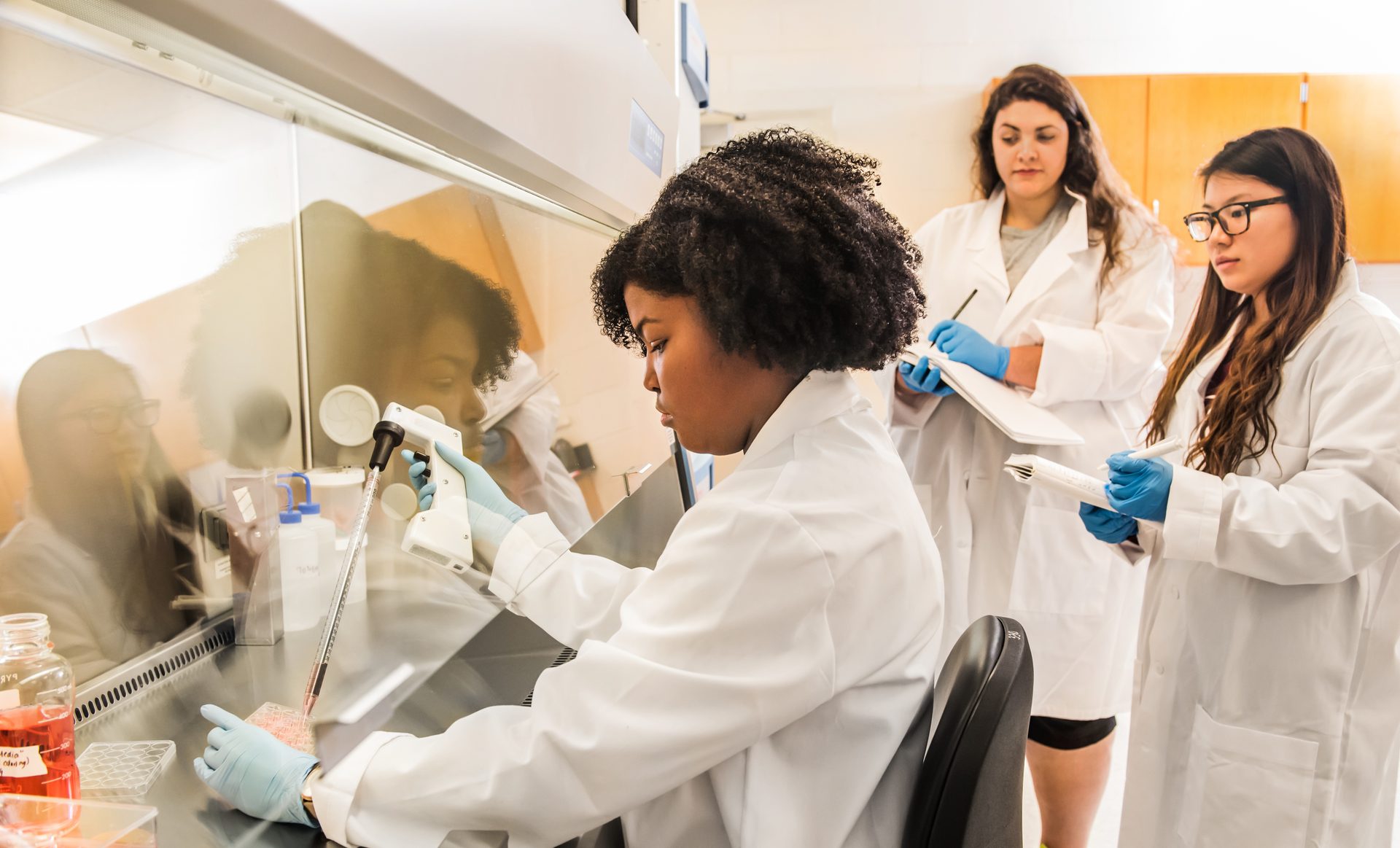
Partner content


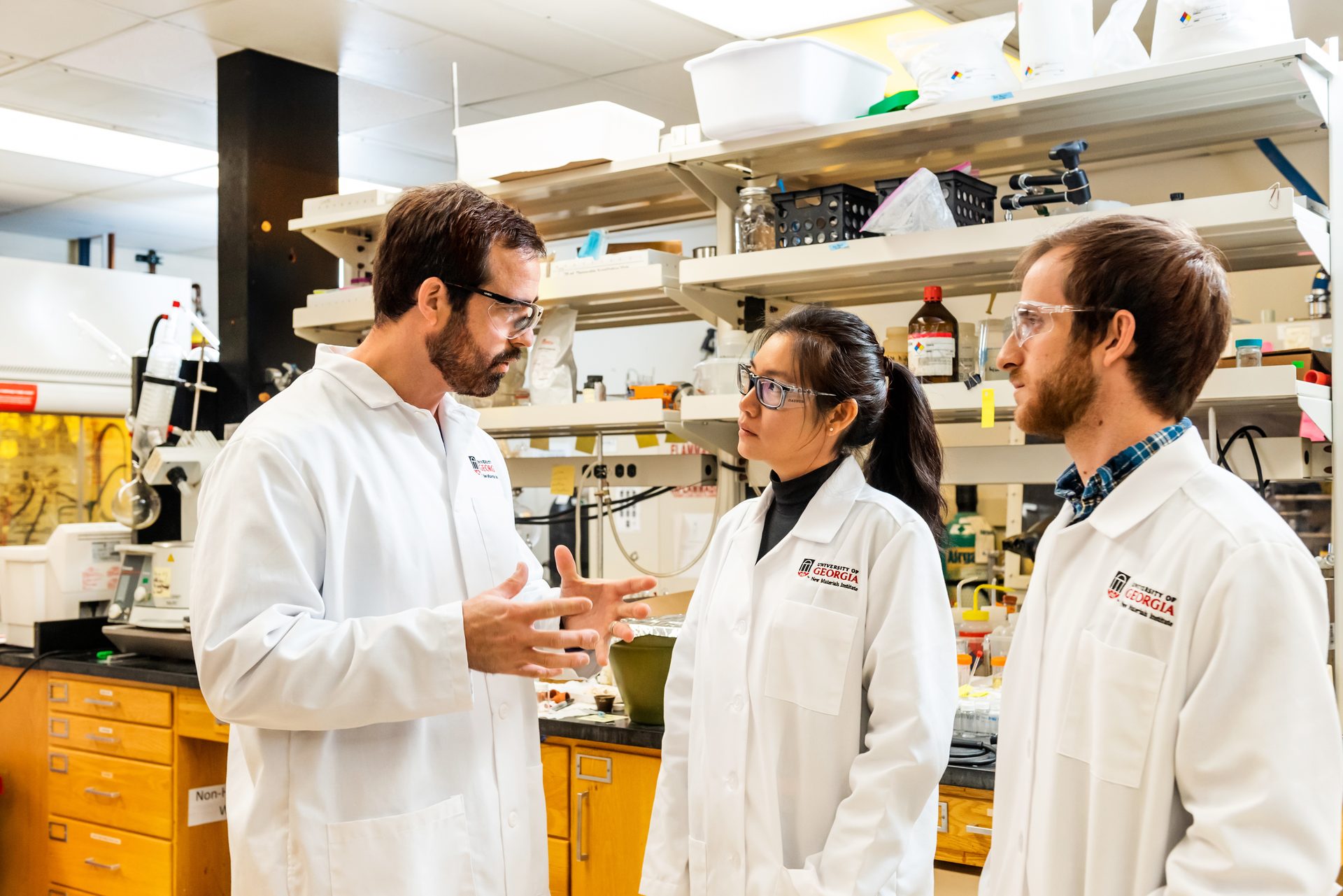
connecting tradition with innovation in engineering
The University of Georgia (UGA) has a long history of dedicating itself to the advancement of higher education. In fact, it’s well-known for being the birthplace of public higher education in the US — having been established as the nation’s first state university in 1785. Since then, the land- and sea-grant university has firmly established itself as a contender in the field of academia, placing itself among the top 20 public universities in the country.
Leading this charge is its School of Chemical, Material and Biomedical Engineering (CMBE). Part of UGA’s College of Engineering, which has been producing engineering graduates since the mid 1800s and is steadily growing all the while, UGA’s CMBE is committed to supporting the development of creative solutions for human health and wellness, as well as pushing forward a transition to a sustainable bio-economy.

In this, it offers a dynamic, hands-on education with meaningful student-professor interactions, experiential learning opportunities, and more. These include specialised, interdisciplinary programmes in biochemical and biological engineering across graduate levels. Students are taught by a faculty with acclaimed expertise in bio-based manufacturing, renewable energy and chemicals, and more amidst cutting-edge facilities, including the Handa Lab, to enhance the learning process.
What sets an education at UGA’s CMBE apart, however, is the opportunity to learn alongside a comprehensive liberal arts institution. Programmes at CMBE are inherently interdisciplinary, informed by collaborations with a variety of researchers in other disciplines across UGA and the wider global academic community. This, above all, ensures that what students learn remains relevant and applicable across a variety of fields, creating a versatility that few engineering graduates can claim to have.
#16
US News and World Report, Best Public Colleges
#11
Niche, Top Public Universities in the US
8,304
Graduate students
1,648
Professional students
US$494
million in R&D expenditures (FY21)
Explore CMBE’s innovative graduate programmes
HEAR FROM THE STUDENTS
As a fourth year PhD student, I am so grateful I decided to stay at UGA for graduate school. UGA provides highly interdisciplinary and translational research in an environment that fosters creativity and independence. As a grad student, I’ve had the opportunity to collaborate with labs at the University of Central Florida, University of Michigan, and the Department of Defence. I have also been able to attend nationwide and international conferences, presenting my research and networking with some of the top professors and companies within my field. The experiences I’ve had and connections I’ve built will no doubt help me in my next steps of working in the biomedical industry.
Lori Estes Bright
I decided to pursue my PhD at UGA because of the focus on interdisciplinary research, particularly in the School of Chemical, Material and Biomedical Engineering. Without a background in biomedical engineering, the classes that I’ve taken and the mentorship that I’ve received, have helped me grow not only as a researcher, but have also improved my teaching and communication skills, both of which will be instrumental to a successful post-graduation career in academia. To me, what makes UGA engineering unique is how it is a smaller college within a larger university. I’ve been able to benefit from the many opportunities that present themselves at large universities while also being able to develop lasting relationships with faculty.
Damion Dixon
UGA College of Engineering is a “home away from home.” After receiving both a BS and MS degree from UGA, I knew I wanted to continue my PhD here. I have gained a solid fundamental knowledge of the engineering principles that make our programme excel above the rest and give me a basis for growth in the future. The opportunity to work on research projects across multiple disciplines has given me classroom, laboratory, and field experience. UGA’s constructive and positive environment has allowed me to effectively hone my engineering skills, and I am proud to be a Bulldog Engineer.
Sierra Milligan
The education and experience that I have received from the University of Georgia PhD in Biomedical Engineering programme has benefited me in numerous ways. For academics, I've enjoyed developing cutting-edge electrochemical portable biosensors that combined nanomaterials and microfluidics with my advisor, who is a world-class scientist, as well as with the extraordinary colleagues in our lab. The classes in the programme included diverse knowledge and allowed me to find collaborations and new ideas in fields I never encountered before. Additionally, the knowledge and techniques that I learned during the PhD programme are making me very competitive in industry and academia.
Or Zolti
Study in one of the top biotechnology hubs in the US
UGA’s School of Chemical, Material and Biomedical Engineering is situated in the heart of Georgia, which is quickly rising the ranks as one of the top states for biotechnological development. It ranks sixth among the fastest growing states in bio-related occupational employment, and is currently home to over 400 biotech companies employing over 19,000 individuals in Atlanta, Augusta and Athens.
Graduates from UGA make up a substantial portion of this. To date, graduates from CMBE have gone on to work in large multinational companies including Alcon, Takeda Pharmaceutical Company, Pfizer, Boehringer Ingelheim International GmbH, and more. For most, their education at CMBE was essential in boosting their careers, giving them the ideal level of exposure that can only be achieved by being placed in a central hub for biotechnology.
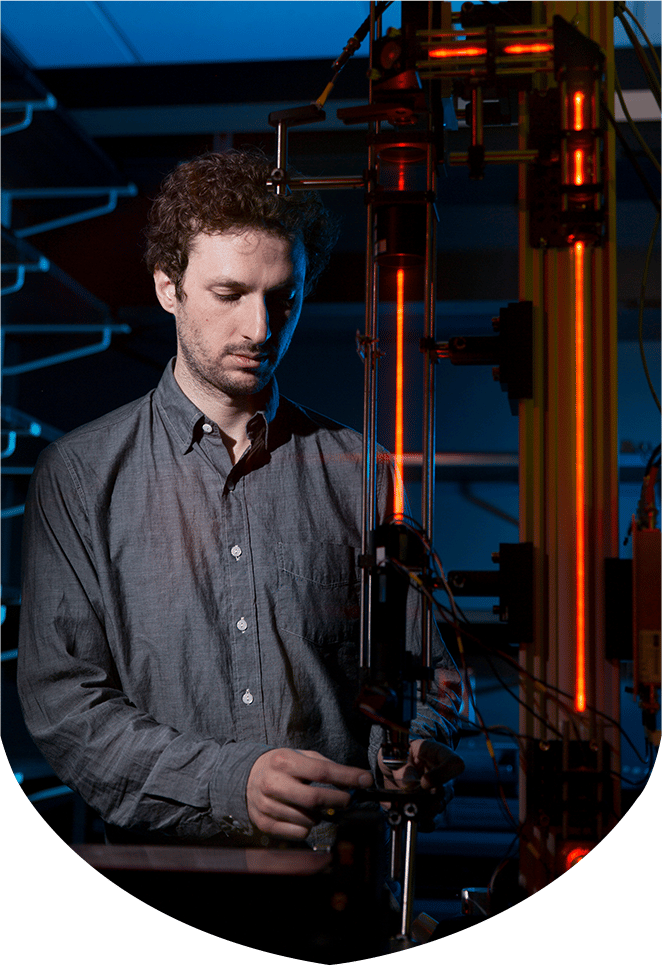
Discover more about the School of Chemical, Material and Biomedical Engineering at the University of Georgia.

Copyright © 2022 Study International, official representative of University of Georgia - School of Chemical, Materials and Biomedical Engineering
